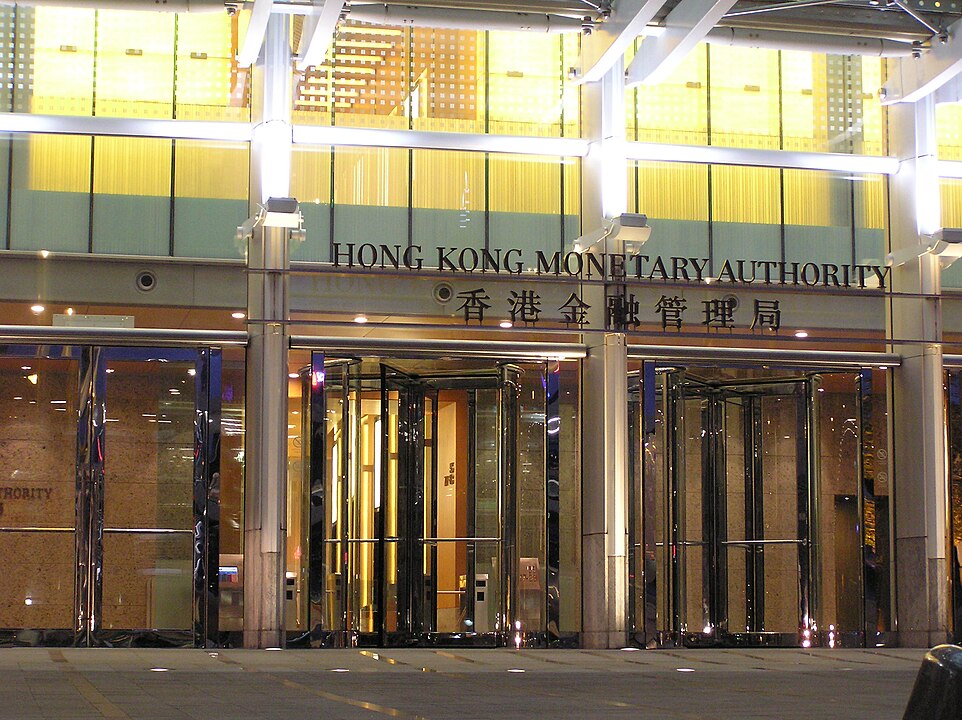
China‘s Crypto Clampdown in Hong Kong: Stablecoin Setback?
A recent report from the Chinese media outlet Caixin suggests a potential shift in the regulatory landscape for stablecoins within Hong Kong. According to the report, Chinese mainland firms, including major internet giants, state-owned enterprises (SOEs), and financial institutions operating in Hong Kong, may face restrictions on their stablecoin and broader cryptocurrency-related activities.
Possible Consequences for Hong Kong‘s Crypto Aspirations
This news arrives as Hong Kong attempts to position itself as a leading hub for digital assets. The report indicates that these mainland Chinese entities may be compelled to withdraw from, or at least significantly curtail, their involvement in crypto-related ventures. This could impact the competition for stablecoin licenses, especially with a number of major financial institutions, like HSBC and ICBC, already expressing interest. The HKMA’s recent framework, with its six-month transition period, aimed to attract businesses, but this news injects significant uncertainty into the equation.

The Regulatory Landscape and Institutional Hesitation
The concerns from mainland China appear to stem from a desire to maintain control and mitigate potential risks associated with cryptocurrencies. One anonymous industry insider noted that the direction of Hong Kong‘s stablecoin market is still uncertain, and a cautious approach is advisable. The Hong Kong Monetary Authority (HKMA) has proposed easing capital requirements for banks dealing in crypto, yet this potential change may be overshadowed by the implications of this new policy shift.
Specific Restrictions and Broader Implications
The reports suggest these restrictions could also extend to investments in cryptocurrencies and participation in crypto exchanges. This follows a broader pattern of caution from Beijing. In August, local Chinese firms were reportedly told to cease publishing research and hosting seminars related to stablecoins, highlighting worries about illicit activities facilitated by digital assets. Even though, China‘s interest in stablecoins seems not entirely closed, and could authorize yuan-backed stablecoins to further global usage of its currency.
What Happens Next?
The situation is dynamic, and the ultimate impact remains to be seen. The report suggests that firms may postpone license applications. However, this potential policy shift could significantly alter the trajectory of Hong Kong’s ambitions in the digital asset space. While Hong Kong aims to attract crypto firms, the involvement of mainland Chinese institutions is significant, and these firms’ potential retreat could slow down innovation and investment. The coming weeks and months will be crucial in assessing the full implications of these regulatory moves.



